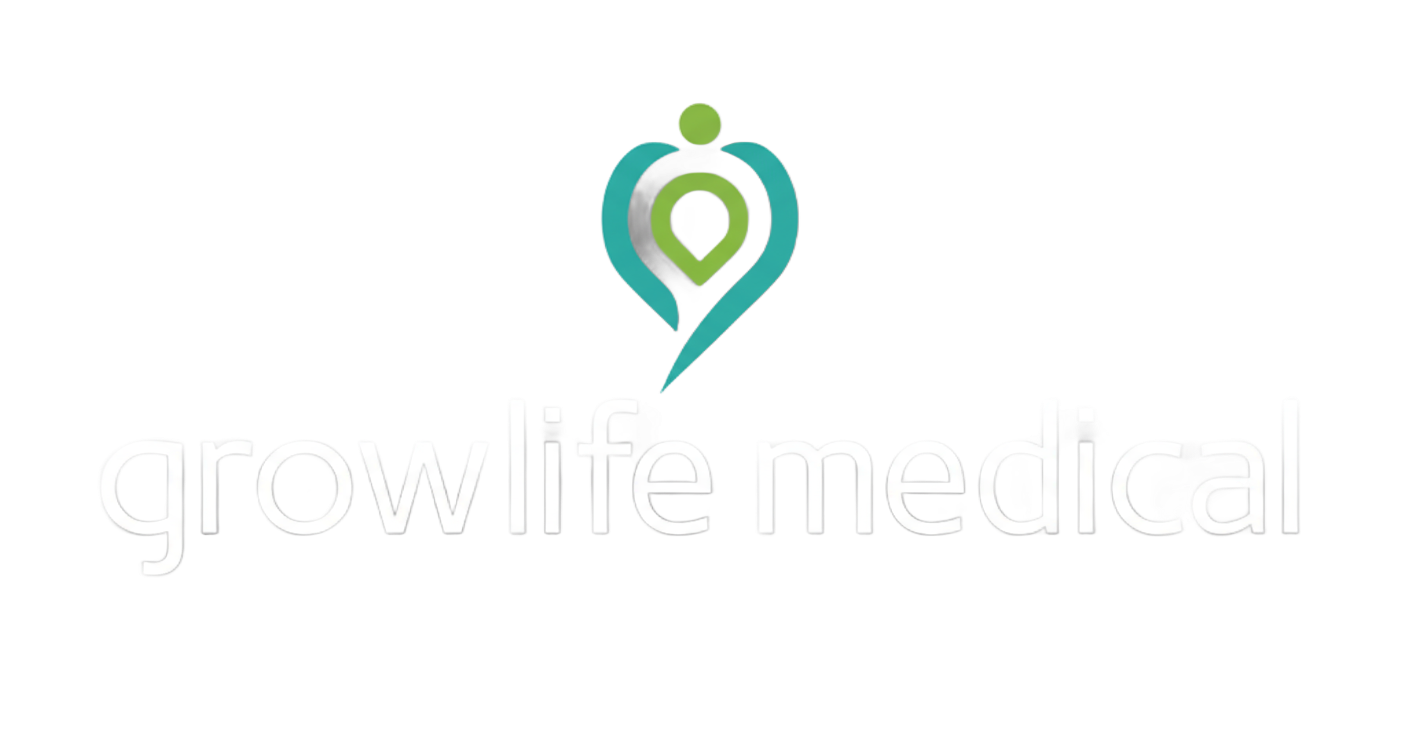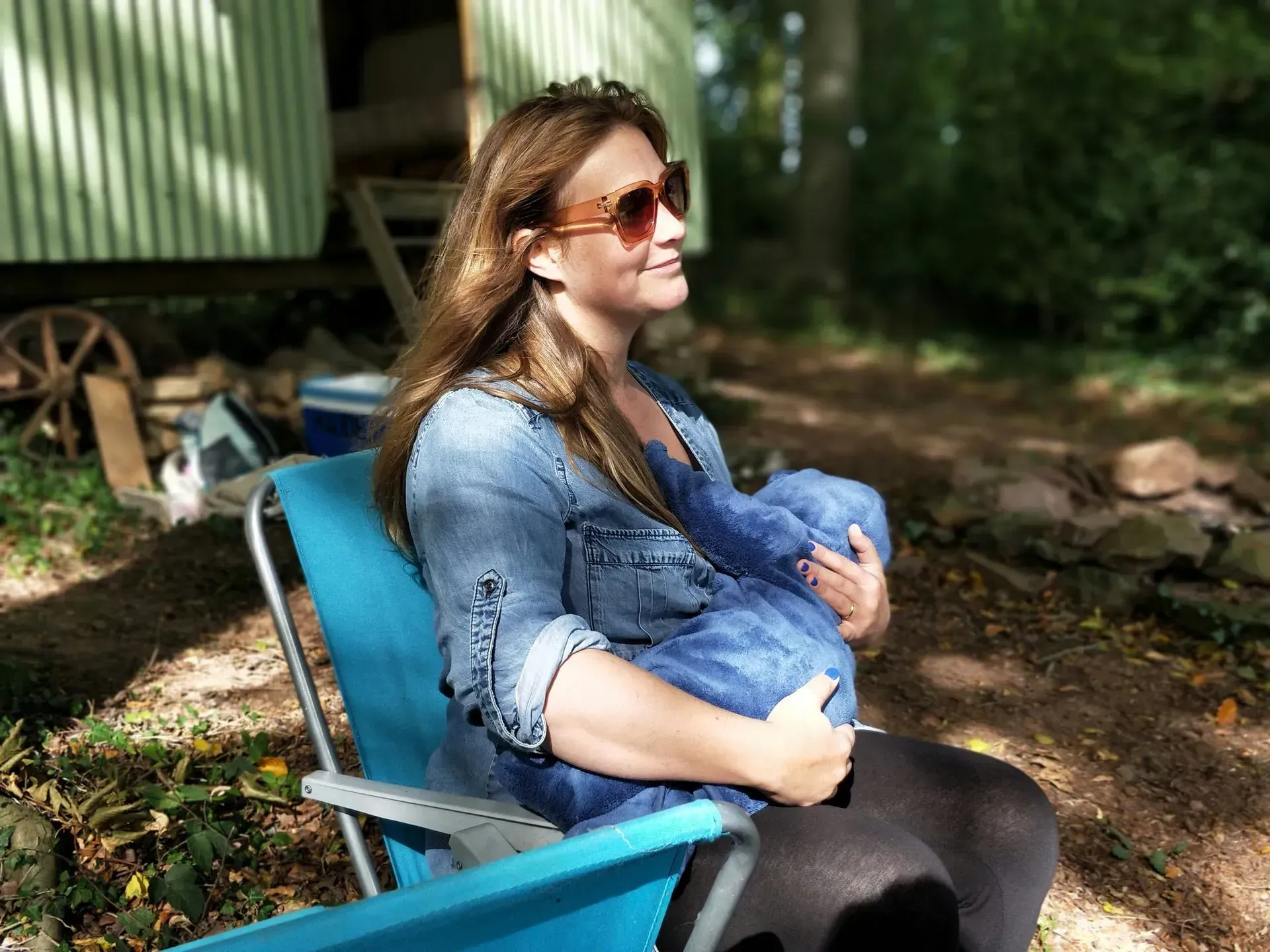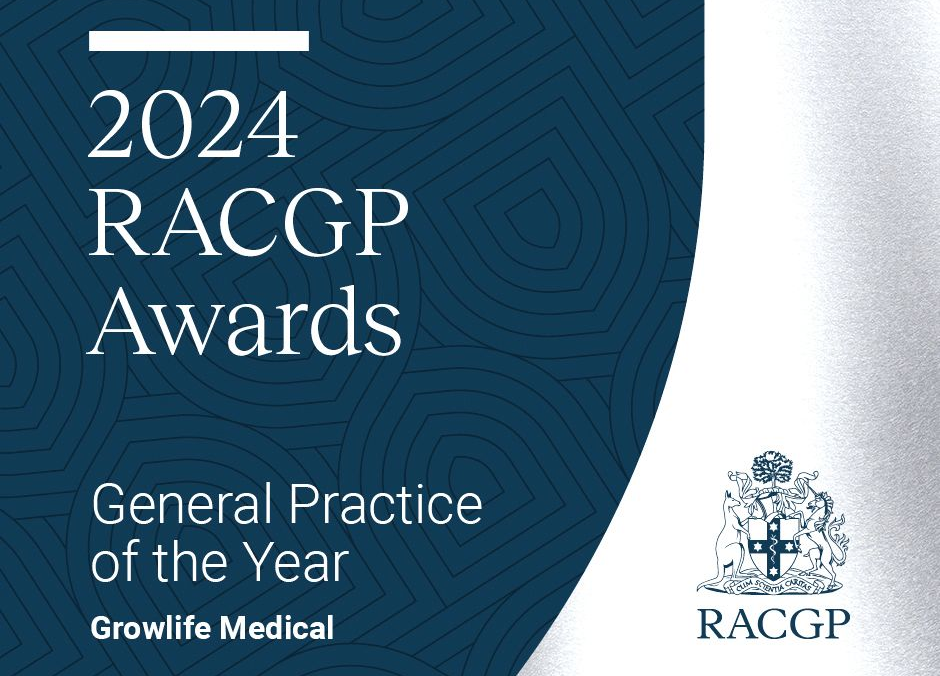Help - My Baby Has A Tongue Tie

Increasingly, I am seeing families who have been told that their baby has a tongue tie. This diagnosis often triggers a cascade of anxiety, Google-searching and (sadly) misinformation. This article is aimed at addressing some of the common concerns and questions regarding tongue ties.
For more information on Tongue Tie in Babies, please contact Growlife Medical today.
What is a Tongue Tie?
In every mouth there is a membrane (lingual frenum), which connects the underside of the tongue to the floor of the mouth. Tongue ties (also known as ankyloglossia) describe a situation where the tongue is restricted in its movements, causing limitations of its function, which are accompanied by a tight lingual frenum on examination.
Can it Affect My Baby's Speech?
No. This theory has been disproven. Currently there is no evidence that tongue ties affect speech.
Can it Affect Breastfeeding?
Yes, rarely, it can. If a tongue tie is severely restricting the range of movement of the tongue, it can contribute to painful or inefficient breastfeeding. However, there are many other causes of painful or inefficient breastfeeding which need to be ruled out before attributing this to a tongue tie. Poor positioning, infection, trauma, latch difficulties and many other breastfeeding challenges can all contribute to painful or inefficient feeds and these need to be recognised and treated prior to treating a tongue tie. Of the families I see, who present with difficulties breastfeeding and where there is a tongue tie, more than 90% have issues other than the tongue tie causing the breastfeeding difficulties. In Australia and around the world, having tongue ties treated has been increasingly presented as a 'quick fix' option to improve breastfeeding challenges. However, without addressing the other contributing or underlying problems, treating the tongue tie alone will likely not be sufficient.
Related articles:
Does it Need to be Treated?
Tongue ties only need to be treated if they are causing problems with breastfeeding, such as severe nipple pain or inefficient feeding. If there are no problems with breastfeeding they should not be treated. In all cases, a thorough assessment of all the potential causes of the breastfeeding challenge need to be recognised and treated first and surgical management strategies should be the last line of management for breastfeeding difficulties.
How Is It Treated?
Non-surgical options for treatment of breastfeeding difficulties include optimising breastfeeding latch, positioning, feed frequency and milk supply. Use of tools such as nipple shields or supply lines may be useful in some cases, on a short-term basis. If genuinely required and non-surgical options have failed, tongue ties are surgically treated via a small procedure called a frenotomy. The membrane is cut with small surgical scissors to allow the tongue to move freely. It is a very quick, inexpensive procedure.
Are There Any Risks to the Procedure?
Yes, every surgical procedure has risks. Risks of a frenotomy include (but are not limited to) bleeding, ulceration, infection, scarring and damage to local structures. The practitioner performing the procedure should be fully trained and equipped to manage any complications. There is also a risk that the procedure may not solve the breastfeeding challenges.
Do I Need to do any Tongue Stretches or Exercises Afterwards?
No. These have not been proven to be of any benefit. Stretching is not recommended as it prolongs the healing time and can increase the risks of scarring, infection and breast refusal.
What Follow Up is Required?
Ongoing breastfeeding support is required to ensure that the breastfeeding challenges have resolved or are being well supported.
What About Lip and Cheek Ties?
Currently there is no evidence that lip (lingual frena) or cheek (buccal frena) ties affect either breastfeeding or speech. They are a normal part of human anatomy and do not need to be treated.
What About Posterior Tongue Ties?
Currently there is no evidence that posterior tongue ties exist. This should no longer be used as a medical diagnosis. If there are feeding difficulties that have been attributed to posterior tongue ties, other causes of the difficulties need to be identified and treated.
Are There any Guidelines in Australia About Treatment of Tongue Ties?
Until this year there have been no Australian guidelines about treatment of Tongue Ties management in Australia. The Australian Dental Association has now released a thorough statement providing up-to-date, evidence based care of tongue ties.
So What Should I Do?
Have your baby examined by someone who is properly trained in both tongue tie assessment and in breastfeeding management. The assessment should involve a thorough breastfeeding history, an examination of your baby's mouth and an observation of a breastfeed. The practitioner should explore all possible causes of the breastfeeding challenges that you are facing. All non-surgical management options should be tried before resorting to surgical treatments. The practitioner should not be performing frenotomies for financial gain. If you are uncomfortable with the assessment or feel that it was not thorough, please seek a second opinion.
Baby Tongue Tie Consultation
Growlife Medical have doctors and
lactation consultants available for a Baby Tongue Tie consultation. Staff are trained to manage all problems associated with
breastfeeding.
GP Lactation Consultant Dr Sonja Morgan is available at our Highgate Hill medical centre. Her expertise includes contraception, antenatal and postnatal care of mothers, as well as care for newborns.
We are also Brisbane's leader in Telehealth Consults, Growlife Medical now provides easy and secure Telehealth Consults with your doctor. You can easily book online or over the phone, for a video or phone consult with your GP. All Growlife Medical Doctors in all or our general practice locations are available for Telehealth consults.
Other Articles On Breastfeeding
Keep Up With The Latest Coronavirus in Brisbane News
Like us on Facebook to keep up to date on the Coronavirus in Brisbane.










